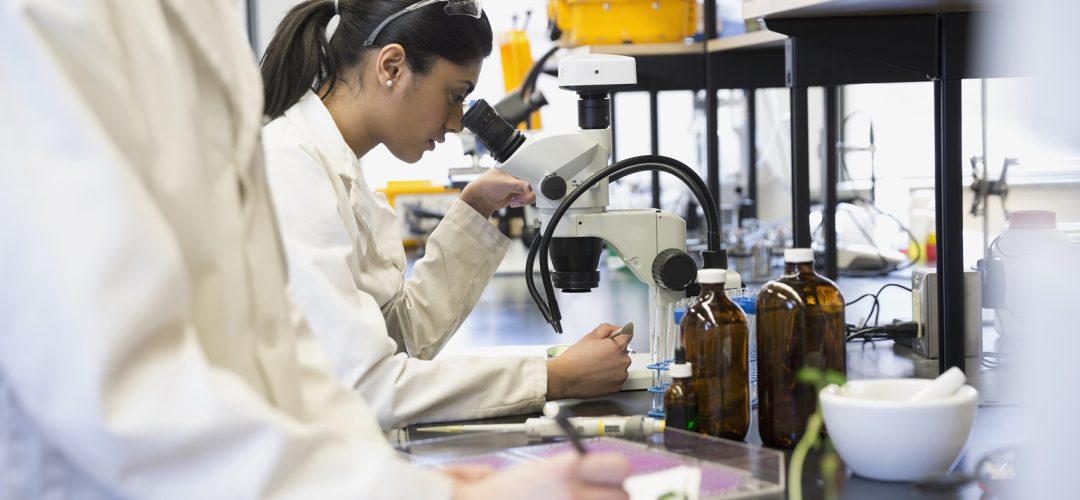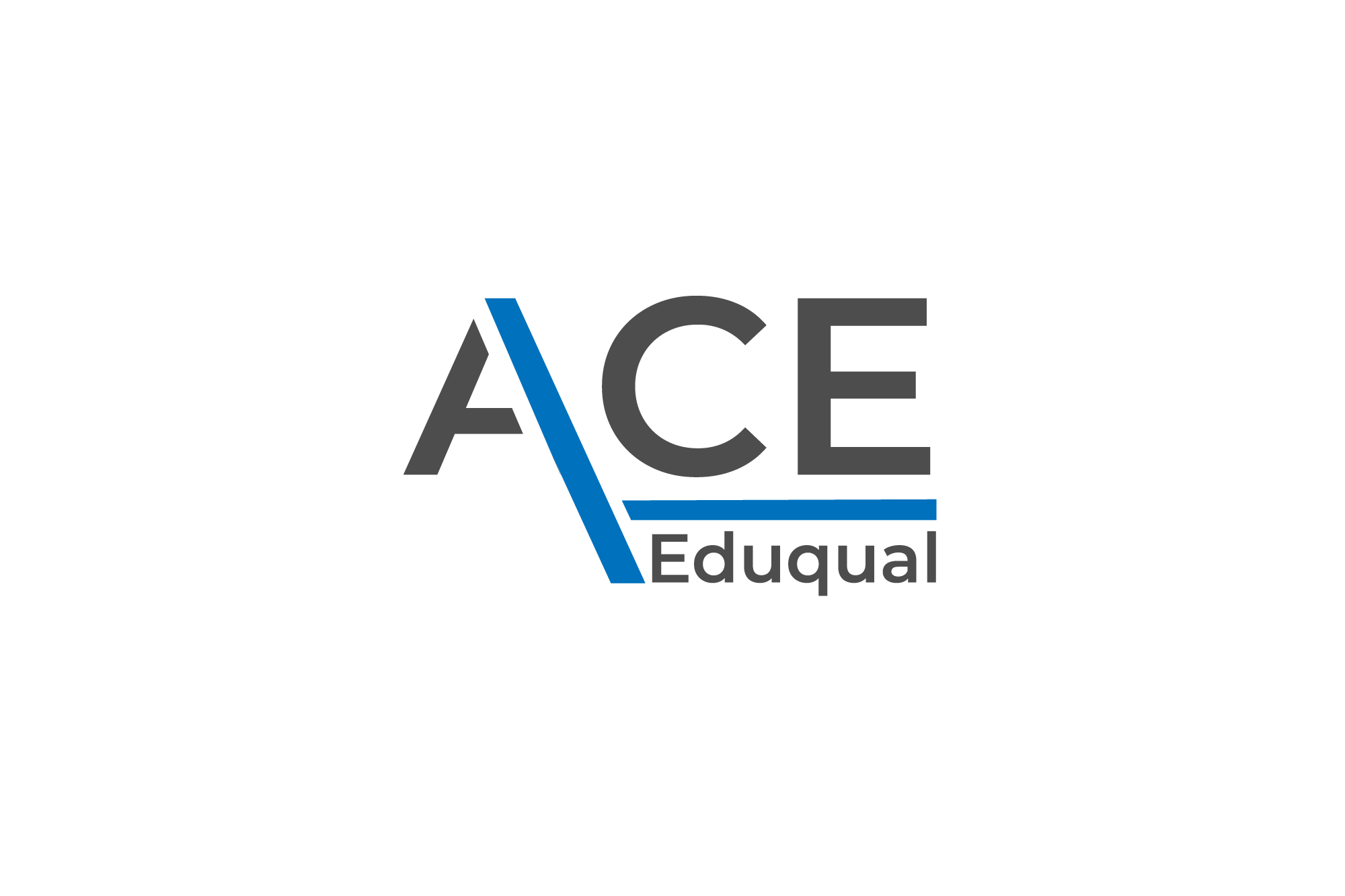Pharmaceutical Sciences

Pharmaceutical Sciences is a comprehensive academic program that delves into the study of drugs and their development, manufacturing, and use in healthcare. This multidisciplinary field covers topics such as pharmacology, medicinal chemistry, drug delivery systems, pharmacokinetics, and pharmacodynamics. Students will explore the principles behind drug action, dosage forms, and the evaluation of drug efficacy and safety. They will also learn about pharmaceutical analysis, quality assurance, and regulatory affairs in the industry. The curriculum emphasizes research and practical training to equip students with the skills needed to contribute to advancements in drug development and healthcare. Graduates can pursue careers in pharmaceutical research, drug development, regulatory affairs, or work in healthcare settings.
Our Pharmaceutical Sciences qualifications have been designed in collaboration with colleges, higher education institutions, and sector skills councils. They offer a pathway for individuals to progress to university degrees and cover Diploma Level- 3 to 7.
These qualifications provide the flexibility for learners to choose from a variety of optional units at each level. This allows them to specialize in specific areas while also gaining the essential core knowledge necessary for all managers or individuals.
- Establish a strong foundational knowledge of pharmaceutical sciences principles, theories, and fundamental concepts.
- Attain a comprehensive understanding of pharmaceutical analysis, drug development, pharmacology, pharmacokinetics, and drug delivery systems.
- Demonstrate proficiency in applying scientific and mathematical principles to analyze, design, and address challenges in pharmaceutical systems and processes.
- Gain practical experience in designing and implementing pharmaceutical experiments and projects through laboratory work.
- Comprehend the principles and techniques of pharmaceutical manufacturing, quality assurance, and regulatory affairs.
- Develop skills in pharmaceutical research, including study design, data analysis, and interpretation.
- Explore pharmaceutical communication, marketing strategies, and ethical considerations in the industry.
- Encourage critical thinking and problem-solving abilities to tackle complex issues in pharmaceutical sciences.
- Enhance teamwork, communication, and project management skills through collaborative assignments and projects.
- Foster research skills and the capability to independently conduct specialized research in pharmaceutical sciences.
Upon successful completion of the Pharmaceutical Sciences program, graduates will find numerous career prospects in various sectors related to pharmaceuticals and patient care. Potential career paths include pharmaceutical researcher, pharmaceutical educator, drug development specialist, pharmaceutical consultant, pharmaceutical analyst, regulatory affairs manager, clinical trial coordinator, and pharmaceutical advocate.
Graduates can explore job opportunities in pharmaceutical companies, healthcare institutions, research organizations, regulatory agencies, non-profit entities, or opt for further advanced studies in pharmaceutical sciences.
Course Details

Level 3- National Diploma in Pharmaceutical Sciences
Course Overview:
The Level 3- National Diploma in Pharmaceutical Sciences provides students with a comprehensive understanding of pharmaceutical principles, drug development, and the healthcare industry. Through this program, students will gain knowledge of pharmacology, drug formulation, quality control, and regulatory affairs. They will develop practical skills in pharmaceutical analysis and learn about the importance of ethics and safety in the field. The course aims to prepare students for entry-level positions in pharmaceutical research, manufacturing, or healthcare settings.
Equivalences:
The Level 3- National Diploma in Pharmaceutical Sciences is equivalent to an A-level qualification in the UK education system. It is also comparable to a Level 3 diploma or certificate in other international qualifications frameworks.
Course Contents:
The course content of the Level 3- National Diploma in Pharmaceutical Sciences typically covers a range of advanced topics. Here are the topics covered:
- Introduction to Pharmaceutical Sciences
- Pharmacology and Drug Action
- Pharmaceutical Formulation and Drug Delivery
- Pharmaceutical Analysis and Quality Control
- Regulatory Affairs and Good Manufacturing Practices (GMP)
- Ethics and Safety in Pharmaceutical Sciences
- Pharmaceutical Research and Development
- Career Opportunities in Pharmaceutical Sciences
Assignment Criteria:
The qualification assessment criteria are based on assignments, but in order to pass, the learner must complete all of the unit’s learning requirements. At the completion of each unit, an interview will be held as proof that the work truly belongs to the learner.
Entry Requirements:
The specific entry requirements for the Level 3- National Diploma in Pharmaceutical Sciences may include:
- A minimum age requirement (e.g., 16 years old)
- Completion of O-level/ 10th Standard or equivalent qualifications.
- Completion of a relevant Level 2 qualification in Pharmaceutical Sciences, Biological Sciences or a related subject.
- English language proficiency, demonstrated through language tests or previous education in an English-speaking environment.
Course Duration:
The qualification has recommended course duration of 1 year.
Note: However the course duration may be increased to meet additional learning needs if required.
Course Overview:
The Level 4- Extended Diploma in Pharmaceutical Sciences is a comprehensive program designed to provide students with a strong foundation in pharmaceutical principles and practices. The course focuses on essential scientific knowledge, regulatory aspects, and pharmaceutical industry practices. Students will gain a deep understanding of drug development, pharmacology, drug interactions, and quality assurance.
Equivalences:
The Level 4- Extended Diploma in Pharmaceutical Sciences is comparable to the first year of an undergraduate degree program. It represents a higher level of qualification than a Level 3 diploma or A-levels, offering a more specialized and advanced understanding of Diploma in Pharmaceutical Sciences.
Course Contents:
The course content of the Level 4- Extended Diploma in Pharmaceutical Sciences typically covers a range of advanced topics. Here are the topics covered:
- Principal of Pharmaceutical Sciences
- Pharmacology and Drug Action
- Pharmaceutical Chemistry
- Pharmaceutical Formulations
- Drug Development and Clinical Trials
- Regulatory Affairs and Compliance
- Pharmaceutical Quality Assurance
- Pharmaceutical Analysis and Testing
- Pharmaceutical Manufacturing Processes
- Professional Practice and Ethics in Pharmacy
Assignment Criteria:
The qualification assessment criteria are based on assignments, but in order to pass, the learner must complete all of the unit’s learning requirements. At the completion of each unit, an interview will be held as proof that the work truly belongs to the learner
Entry Requirements:
The specific entry requirements for the Level 4- Extended Diploma in Pharmaceutical Sciences are included:
- Minimum age requirements (usually 18 years or older).
- Completion of A-level/ 12th Standard or equivalent qualifications.
- Completion of a Level 3 qualification in Pharmaceutical Sciences, Biological Sciences or a related field.
- English language proficiency, demonstrated through language tests or previous education in an English-speaking environment.
Course Duration:
The qualification has recommended course duration of 1 year.
Note: However the course duration may be increased to meet additional learning needs if required.
Course Overview:
The Level 5- Higher National Diploma in Pharmaceutical Sciences is a comprehensive program designed to equip students with a deep understanding of pharmaceutical science principles and practices. Throughout the course, students will explore various aspects of drug development, manufacturing, and quality control. Additionally, they will gain insights into pharmacology, pharmacokinetics, and the regulatory framework governing the pharmaceutical industry. The course aims to enhance students’ analytical and problem-solving skills, preparing them for a rewarding career in the pharmaceutical sector.
Equivalences:
The Level 5- Higher National Diploma in Pharmaceutical Sciences is equivalent to the second year of an undergraduate degree program. It represents a higher level of qualification compared to Level 4 diplomas and provides a deeper understanding and expertise in the field of Pharmaceutical Sciences.
Course Contents:
The course content of the Level 5- Higher National Diploma in Pharmaceutical Sciences typically covers a range of advanced topics. Here are the topics covered:
- Molecular Pharmaceutical Sciences
- Drug Development and Clinical Trials
- Pharmacology and Therapeutics
- Pharmaceutical Formulation and Manufacturing
- Pharmaceutical Analysis and Quality Assurance
- Regulatory Affairs in the Pharmaceutical Industry
- Pharmacokinetics and Drug Metabolism
- Pharmaceutical Microbiology
- Pharmacovigilance and Drug Safety
- Research Methods in Pharmaceutical Sciences
Assignment Criteria:
The qualification assessment criteria are based on assignments, but in order to pass, the learner must complete all of the unit’s learning requirements. At the completion of each unit, an interview will be held as proof that the work truly belongs to the learner.
Entry Requirements:
The specific entry requirements for the Level 5- Higher National Diploma in Pharmaceutical Sciences may include:
- Minimum age requirements (usually 18 years or older).
- A Level 4 Diploma, a year 1 of bachelor’s degree or equivalent qualification in Pharmaceutical Sciences, Biological Sciences or a related field.
- English language proficiency, demonstrated through language tests or previous education in an English-speaking environment.
Course Duration:
The qualification has recommended course duration of 18 Months.
Note: However the course duration may be increased to meet additional learning needs if required.
Course Overview:
The Level 6 – International Diploma in Pharmaceutical Sciences is an advanced program that builds upon the knowledge gained in the Level 5 course. It aims to further deepen students’ understanding of pharmaceutical sciences and prepare them for more specialized roles within the pharmaceutical industry. The curriculum delves into advanced topics such as drug design, pharmacogenomics, and personalized medicine, providing students with a comprehensive understanding of cutting-edge pharmaceutical research and technologies. Additionally, students will explore regulatory affairs, drug safety, and ethical considerations related to pharmaceutical practices.
Equivalences:
The Level 6 – International Diploma in Pharmaceutical Sciences is equivalent to the final year of an undergraduate degree program. It represents a higher level of qualification compared to Level 5 diplomas and offers a specialized and in-depth understanding of Pharmaceutical Sciences.
Course Contents:
The course content of the Level 6 – International Diploma in Pharmaceutical Sciences typically covers a range of advanced topics. Here are the topics covered:
- Advanced Pharmaceutical Chemistry
- Drug Design and Development
- Pharmacogenomics and Personalized Medicine
- Pharmaceutical Biotechnology
- Advanced Pharmacology and Therapeutics
- Pharmaceutical Regulatory Affairs and Compliance
- Pharmaceutical Manufacturing and Quality Control
- Pharmaceutical Analytical Techniques
- Pharmaceutical Formulation and Drug Delivery Systems
- Pharmaceutical Marketing and Sales
- Pharmacoeconomics and Health Outcomes Research
- Ethical Issues in Pharmaceutical Sciences
Assignment Criteria:
The qualification assessment criteria are based on assignments, but in order to pass, the learner must complete all of the unit’s learning requirements. At the completion of each unit, an interview will be held as proof that the work truly belongs to the learner.
Entry Requirements:
The specific entry requirements for the Level 6 – International Diploma in Pharmaceutical Sciences may include:
- Minimum age requirements (usually 20 years or older).
- A Level 5 diploma, a year 2 of bachelor’s degree or equivalent qualification in Pharmaceutical Sciences, Biological Sciences or a related field.
- English language proficiency, demonstrated through language tests or previous education in an English-speaking environment.
Course Duration:
The qualification has recommended course duration of 18 Months.
Note: However the course duration may be increased to meet additional learning needs if required.
Course Overview:
The Level 7- Post Graduate Diploma in Pharmaceutical Sciences is an advanced and specialized program tailored for individuals seeking to excel in the field of pharmaceutical research, innovation, and leadership. This course aims to provide students with a profound understanding of advanced pharmaceutical principles and the ability to apply cutting-edge research methodologies. Students will explore topics like drug discovery, pharmacokinetics, clinical trials, and biopharmaceuticals, enabling them to contribute to groundbreaking advancements in the pharmaceutical industry. Moreover, the course will cover regulatory affairs, drug safety, and ethical considerations relevant to pharmaceutical research and development.
Equivalences:
The Level 7- Post Graduate Diploma in Pharmaceutical Sciences is equivalent to a master’s degree or postgraduate diploma. It represents an advanced level of expertise in Pharmaceutical Sciences, allowing students to demonstrate mastery in the field. The diploma is recognized by various professional bodies and institutions within the Life Sciences sector.
Course Contents:
The course content of the Level 7- Post Graduate Diploma in Pharmaceutical Sciences typically covers a range of advanced topics. Here are the topics covered:
- Advanced Drug Discovery and Development
- Pharmacokinetics and Pharmacodynamics
- Biopharmaceuticals and Biotechnology
- Clinical Research and Trials Management
- Pharmaceutical Nanotechnology
- Advanced Pharmaceutical Formulation
- Pharmaceutical Quality Management
- Regulatory Affairs and Compliance Strategies
- Pharmacovigilance and Drug Safety Management
- Pharmaceutical Market Access and Health Economics
- Pharmaceutical Entrepreneurship and Innovation
- Pharmaceutical Data Analysis and Bioinformatics
- Ethical and Legal Aspects of Pharmaceutical Research
- Leadership and Project Management in Pharmaceutical Sciences
- Current Trends and Future Perspectives in the Pharmaceutical Industry
- Dissertation or Research Project
Assignment Criteria:
The qualification assessment criteria are based on assignments, but in order to pass, the learner must complete all of the unit’s learning requirements. At the completion of each unit, an interview will be held as proof that the work truly belongs to the learner.
Entry Requirements:
The specific entry requirements for the Level 7- Post Graduate Diploma in Pharmaceutical Sciences include:
- A minimum age requirement (e.g., 22 years old)
- A complete Bachelor’s degree, UK level 6 diploma in Pharmaceutical Sciences, Biological sciences or an equivalent overseas qualification.
- Completion of a MBBS degree or a related degree.
- English language proficiency, demonstrated through language tests or previous education in an English-speaking environment.
Course Duration:
The qualification has recommended course duration of 2 years.
Note: However the course duration may be increased to meet additional learning needs if required.

